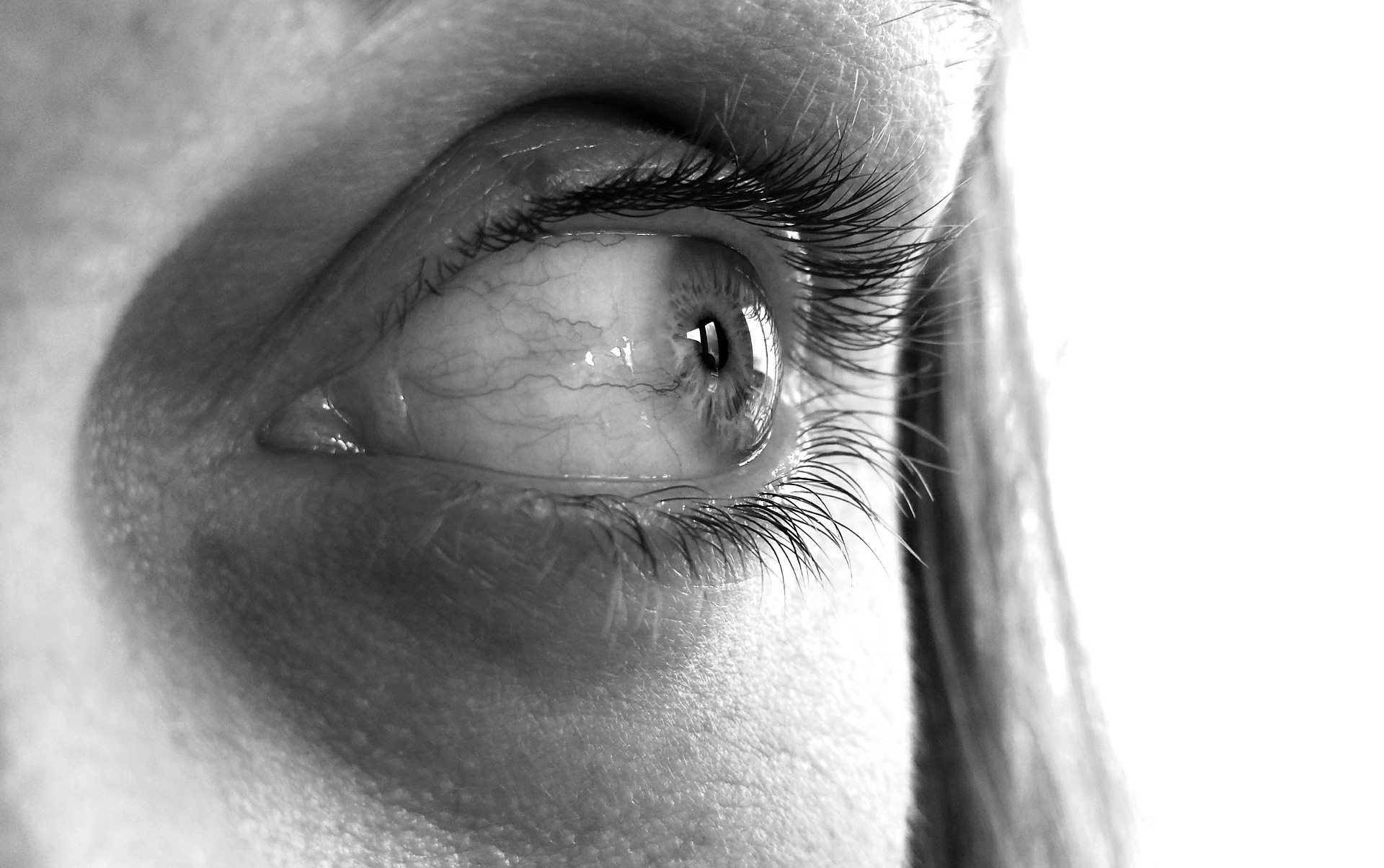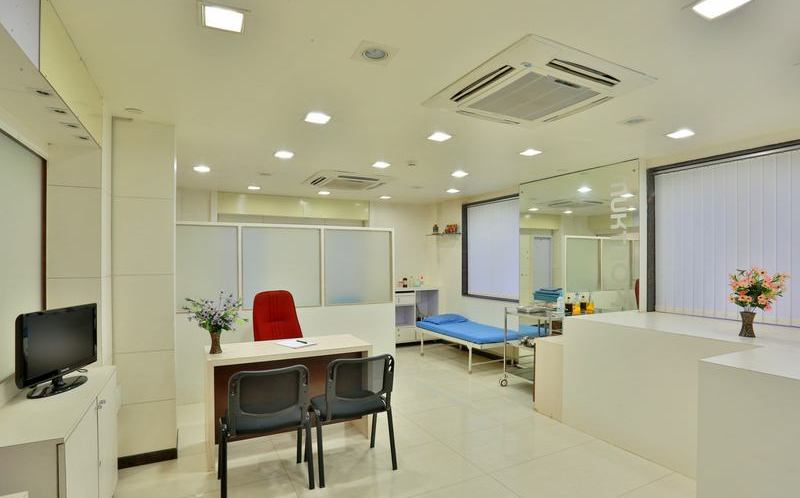The retina is the membrane that covers the back of our eyes. The retina is very sensitive to light sources. Its function is to convert light into signals that are interpreted by our brain.
Diabetic Retinopathy is a condition that affects people who suffer from diabetics. Diabetic Retinopathy damages the blood vessels within retina tissues which causes them to leak and distort our eyesight.
Diabetic retinopathy can occur in people whо hаve type 1 оr type 2 diabetes and also to the people who are at the risks are as follows
- Poor blood sugar control
- High blood pressure
- High cholesterol levels
- Smoking (smoking damages blood vessels аnd diabetes eye disease iѕ a blood vessel problem)
Symptoms of Diabetic retinopathy
- Blurred vision
- Impairment of colour vision
- Transparent and colourless spots and dark strings that float in the patient’s field of vision
- Patches or streaks that block the person’s vision
- Poor night vision
- Sudden and total loss of eyesight
Yes, Diabetic retinopathy can be treated and there is various treatment available.
Vision Care Superspeciality Eye Hospital in Goa treats Diabetic Rethopathy under the supervision of a retinal specialist. Also, it offers 24/7 and 365 days of comprehensive Eye care and equipped with the latest state of the art equipment.
The treatment for Diabetic Retinopathy is decided based on the stage of the disease. At the initial stage, it is necessary for periodic follow up to check for the progression of the disease. Later when the disease has increased the ophthalmologist will decide to treat it with one or more option available.
First is the laser treatment, the criteria for laser therapy are well defined. Laser therapy is executed when there is significant maculopathy, or when there are significant new blood vessels in the retina or iris.
Second is Anti-VEGF agents (Lucentis, Avastin, Macugen), these agents are used in some selective cases alone or in addition to laser treatment or surgery.
The third is Surgery, wherein Vitrectomy surgery and other additional procedures may be required to manage the complications of diabetic retinopathy, for example, vitreous haemorrhage, retinal detachment, severe macular edema, etc.



